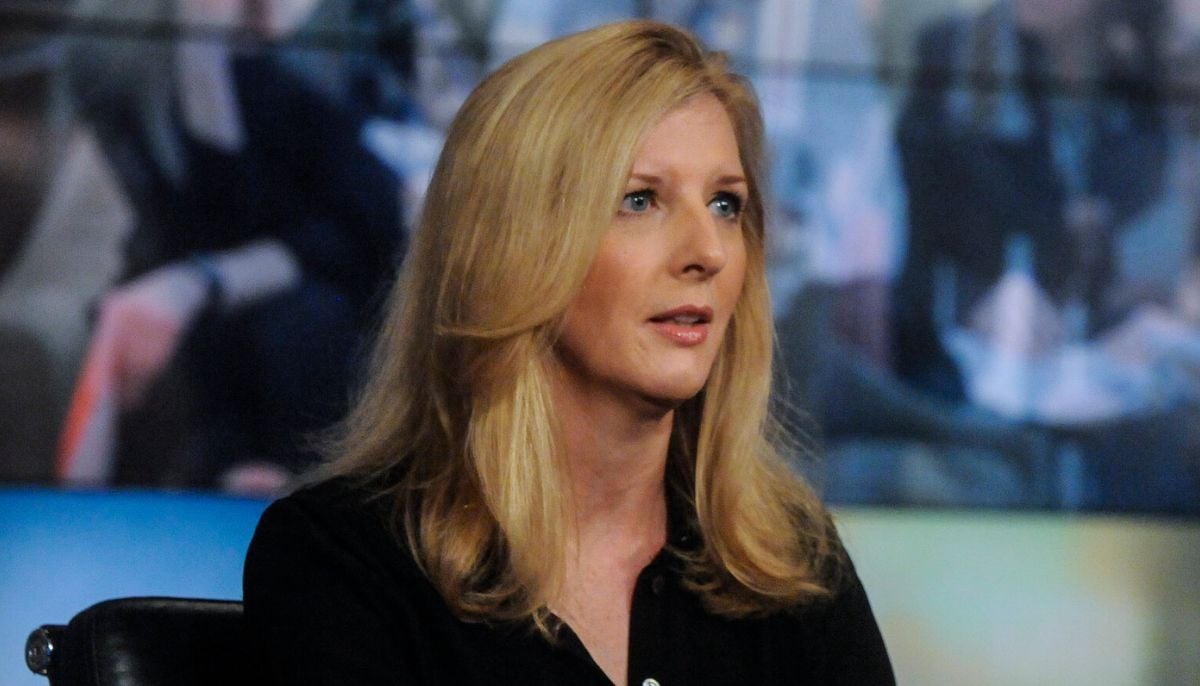Social media use linked to smoking and vaping: Alarming statistics revealed
Study discovers yet another side effect of social media for youngsters
Youngsters who spend a lot of time on social media are more likely to vape and smoke cigarettes, research suggests.
A recent study has revealed just another bad impact social media is having on its users. According to the study, young people who spend their time on social media are more likely to vape and smoke cigarettes.
The research published in the journal Thorax revealed that young people who spend more than seven hours a day on social media are eight times more likely to smoke than non-users, and four times more likely to vape.
At least 10,808 people aged 10 to 25 were studied, according to the UK Household Longitudinal Study 2015–2021.
Currently, just over 8.5% said they smoke cigarettes, while 2.5 per cent said they are on vape and merely over 1 per cent used both.
The study showed that people who use social media are more likely to smoke or vape. For example, people who don't use social media are less likely to smoke (2%), compared to people who use social media for 1-3 hours a day are more likely to smoke (9.2%), for 4-6 hours a day are even more likely to smoke (12.2%) and those who use social media for 7 or more hours a day are the most likely to smoke (15.7%).
The same pattern was witnessed for vaping. People who don't use social media are less likely to vape (0.8%) compared to people who use social media for 1-3 hours a day are more likely to vape (2.4%), for 4-6 hours a day are even more likely to vape (3.8%) and those who use social media for 7 or more hours a day are the most likely to vape (4%)"
“The vape companies are using social media to market their products,” said researchers, including from Imperial College London School of Public Health.
“Social media may be driving cigarette smoking and e-cigarette use through both direct, targeted advertisements and the use of paid influencers by the tobacco industry,” they wrote.
“Voluntary codes seem unlikely to achieve this, and the introduction and enforcement on bans on material that promote this should be considered.”
Dr Amrit Kaur Purba, the postdoctoral researcher at the Oxford Internet Institute, said the study “sheds light on the potential link between social media use and young people’s engagement in cigarette, e-cigarette, and dual use”.
-
Woman jailed over false 'crime in space' claim against NASA astronaut
-
Columbia university sacks staff over Epstein partner's ‘backdoor’ admission
-
Ohio daycare worker 'stole $150k in payroll scam', nearly bankrupting nursery
-
Michelle Yeoh gets honest about 'struggle' of Asian representation in Hollywood
-
US, China held anti-narcotics, intelligence meeting: State media reports
-
Goldman Sachs’ top lawyer resigns over Epstein connections
-
Manhunt continues for suspect who killed 2 at South Carolina State University
-
Trump considers scaling back trade levies on steel, aluminium in response to rising costs












